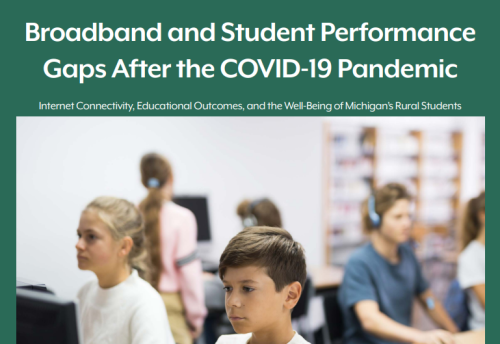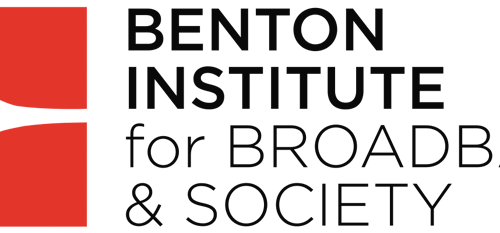I am just beginning my tenure in the Department of Media and Information at MSU – literally my first days. However, I can already sense tremendous potential stemming from key features of its faculty.
Most obviously, the department’s clear joining of media and information studies departs from a common albeit increasingly artificial division between schools of media and communication and schools of information. It makes no sense to separate broadcasting from social media or big data, for example. It is brilliant for these areas to be bridged within the department. To me, this represents one of the most strategically important features of the department.
Secondly, the department is decidedly multi-disciplinary or even inter-disciplinary in the sense of a focus on problems facing media and information, rather than puzzles within disciplines. It brings together computer scientists, sociologists, economists and communication scholars, to name a few of the disciplines represented. This commitment is underscored by faculty of the department, such as Shelia Cotten, taking a leadership role in academic initiatives that cross college and divisional boundaries, such as through what is called the ‘Trifecta’ initiative at MSU.
Thirdly, the department is embedded within a College of Communication Arts & Sciences, which assembles a large and diverse array of academics focused on topics of communication from the social sciences and humanities, including journalism and cinema and gaming. It is hard to imagine a student of communication not being able to find their interests represented by a number of faculty. The College builds on a long traditional of strength within the communication field.
Fourthly, it is global – decidedly international in the composition of its faculty, the scope of its research, the focus of its curriculum, its study abroad programs, and more. The department has a clear commitment to worldwide research and outreach.
Finally, the department has a strong academic commitment to shaping policy and practice. This is illustrated by its centrality to the gaming community, such as through its Meaningful Play Conferences, its role in the provision of public television (WKAR) and a ‘Media Sandbox’, and its ties to the communication policy community, such as through the Quello Center.
I’m sure I will discover additional aspects of the department of importance, but these seem to be promising aspects of my new home.
Bill Dutton, Director of the Quello Center




